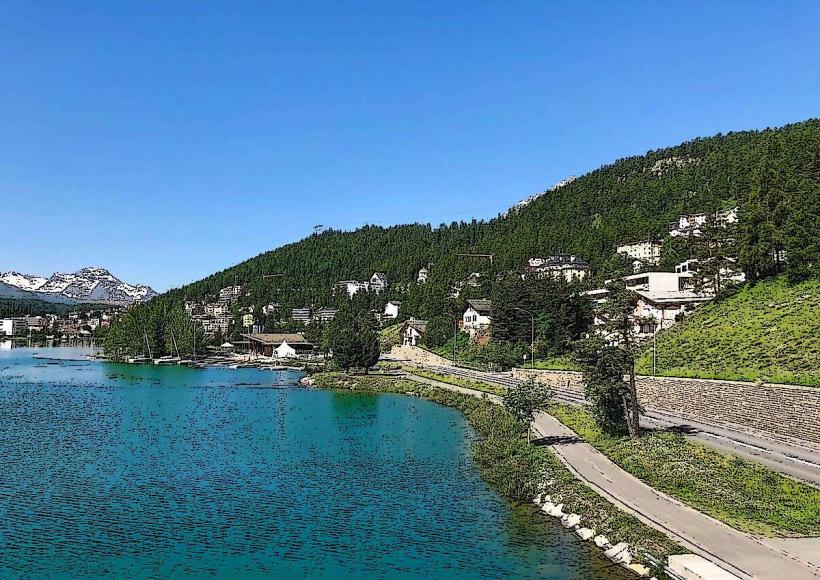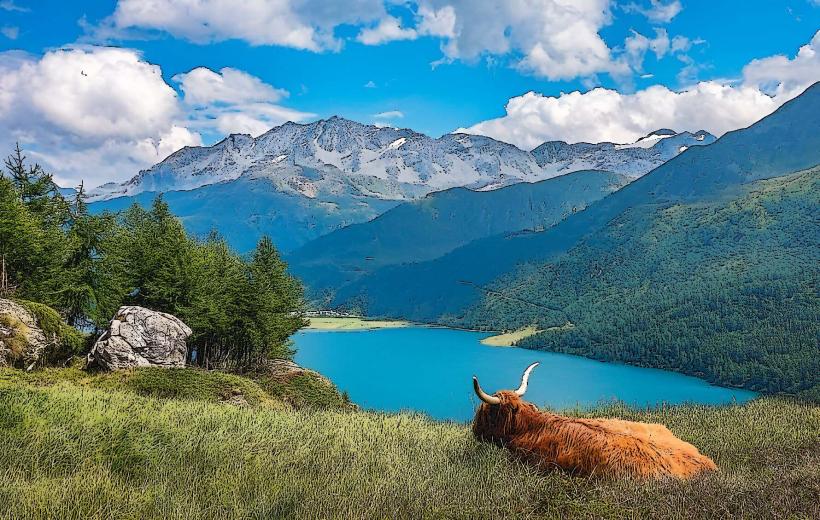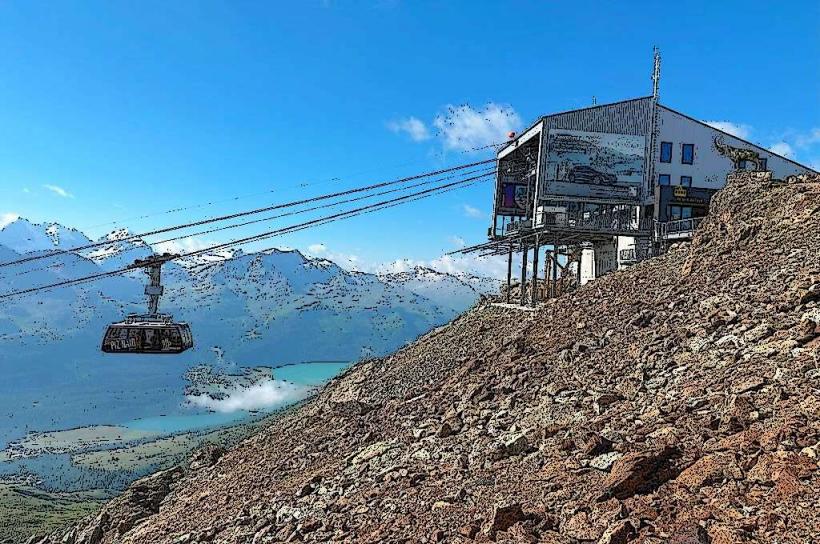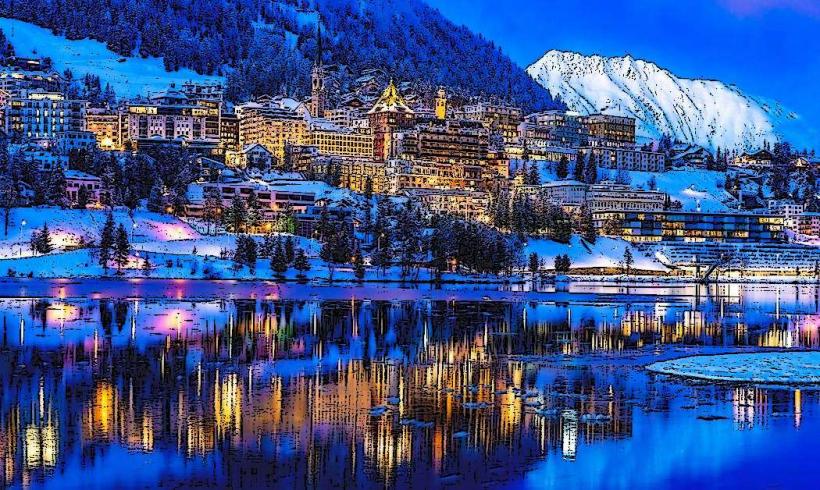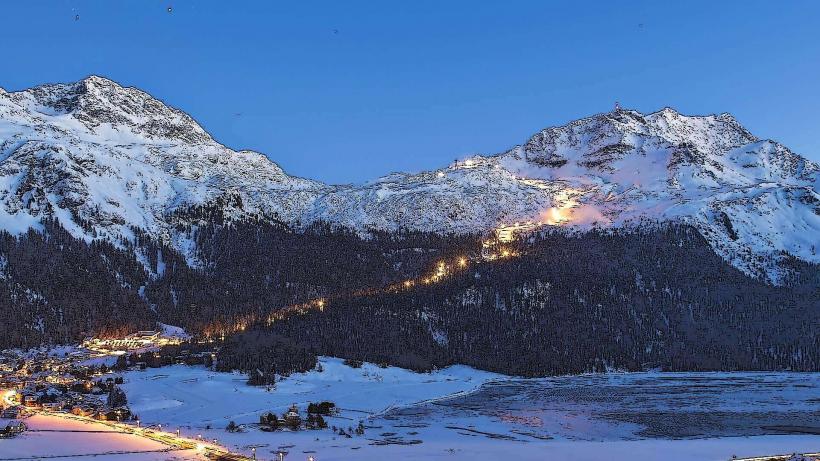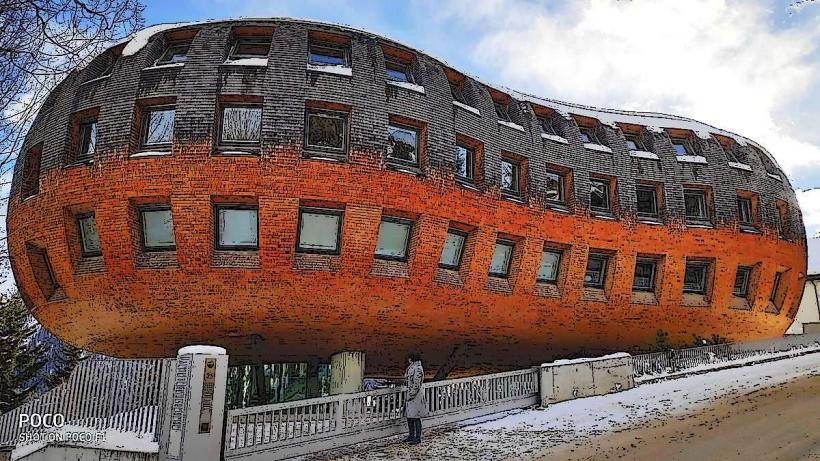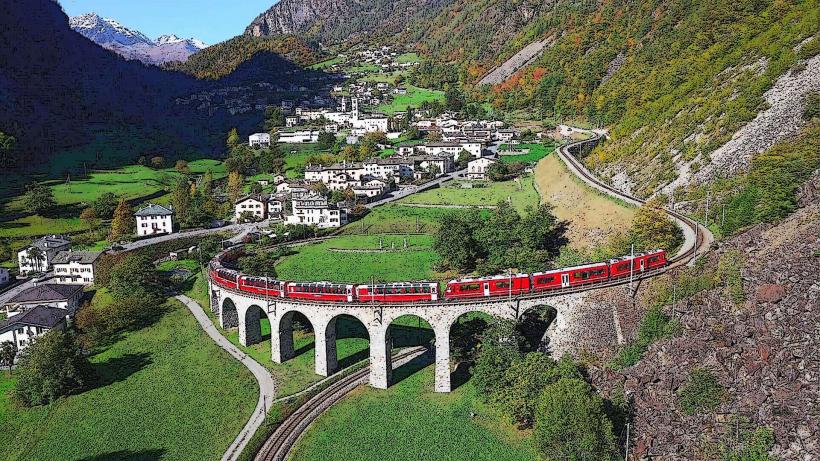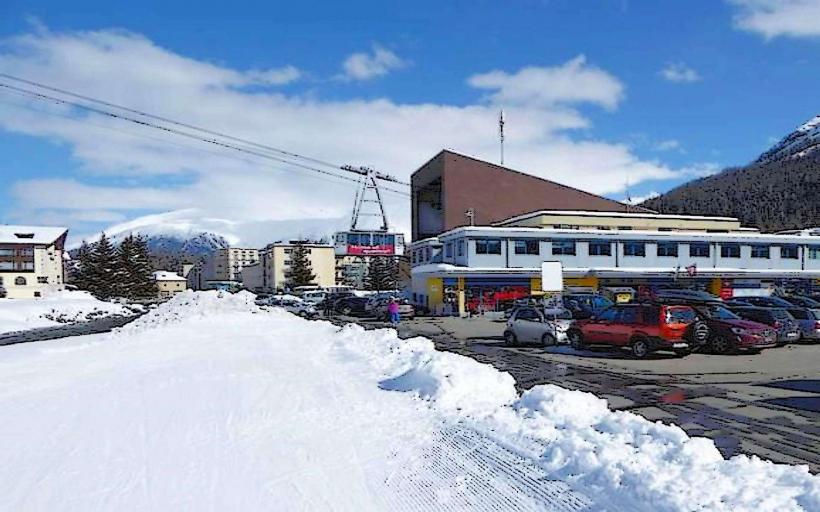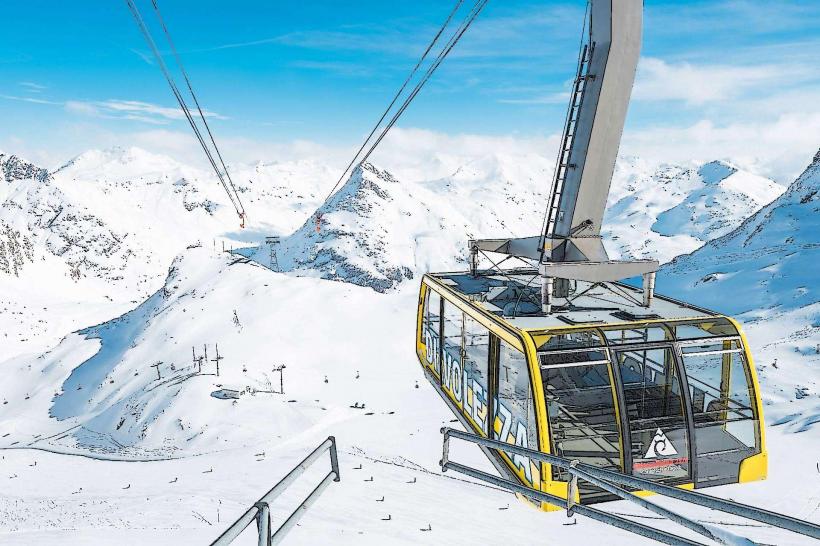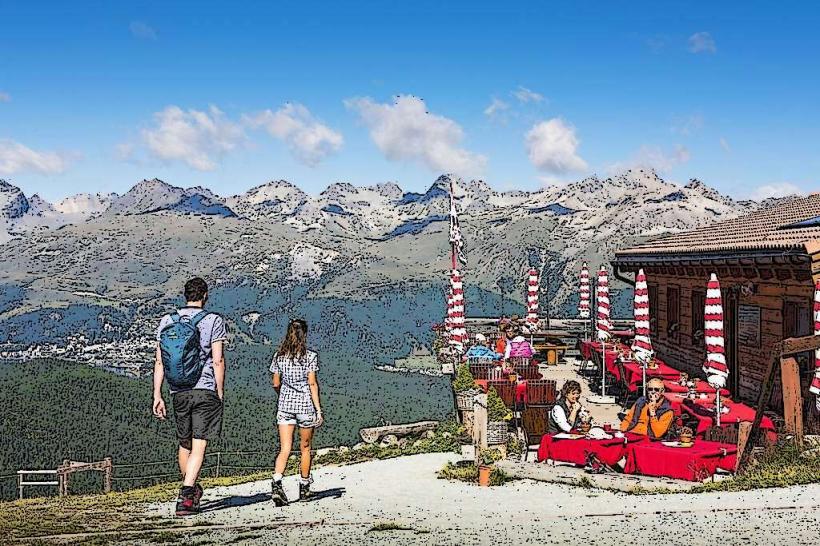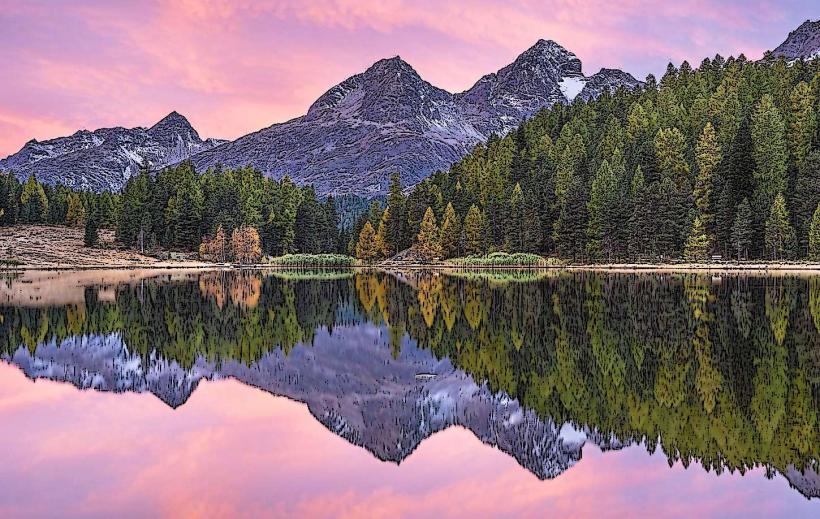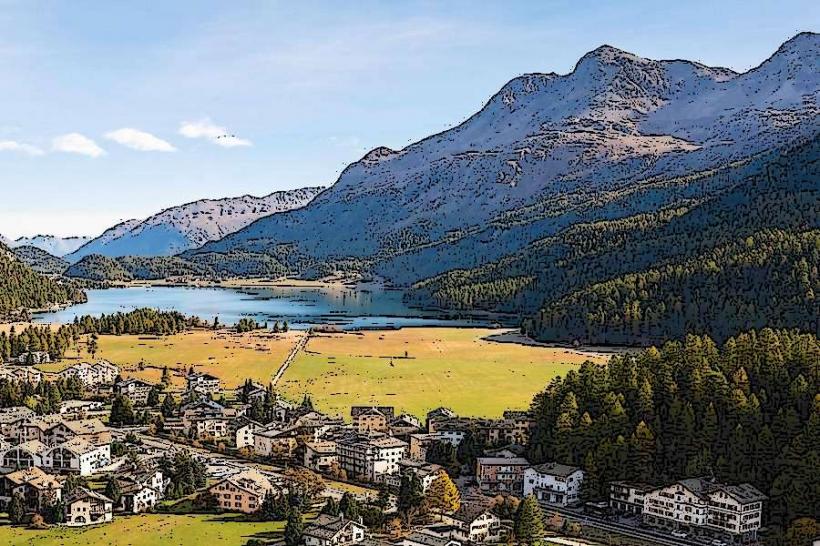Information
Landmark: Segantini MuseumCity: Saint Moritz
Country: Switzerland
Continent: Europe
Segantini Museum, Saint Moritz, Switzerland, Europe
The Segantini Museum is a monographic art museum dedicated to the painter Giovanni Segantini (1858–1899), a master of Alpine Symbolism and Divisionism. It is located at the entrance of St. Moritz Dorf.
Visual Characteristics
The museum is housed in a distinctive rotunda constructed of local stone, designed by architect Nicolaus Hartmann. It is modeled after the pavilion Segantini originally designed for the 1900 Paris World Exhibition. The structure features a large dome and sits on a steep slope, providing a vantage point over Lake Saint Moritz.
Location & Access Logistics
Address: Via Somplaz 30, 7500 St. Moritz.
Access: A 10-to-15-minute uphill walk from the town center (Schulhausplatz) or the St. Moritz Dorf bus stop.
Public Transport: Local buses (Lines 1, 2, or 6) stop nearby at "St. Moritz, Segantini Museum."
Parking: Limited parking is available on-site; the "Parkhaus Serletta" or "Parkhaus Bellevue" are the nearest large facilities.
Historical & Ecological Origin
Opened in 1908, the museum was built to preserve the legacy of Segantini, who spent the final years of his life in the Engadine. The building's orientation and lighting were specifically engineered to display his large-scale canvases under natural light conditions that mimic the high-alpine environment where they were painted.
Key Highlights & Permanent Collection
The Triptych of Nature: The museum's centerpiece, consisting of three massive canvases: Life (La vita), Nature (La natura), and Death (La morte). They are displayed under the central dome.
Divisionist Technique: The collection demonstrates Segantini's "Divisionism," where long, thin strokes of contrasting colors are applied side-by-side to create a luminous, shimmering effect when viewed from a distance.
Ave Maria a trasbordo: One of his most famous early works depicting a shepherd family on a boat.
Infrastructure & Amenities
The museum includes the main dome hall, several side galleries for smaller works and drawings, and a small shop selling art books and postcards. 5G coverage is consistent. The museum is partially accessible, but the uphill approach and certain interior levels involve stairs.
Best Time to Visit
Winter/Summer: The museum follows seasonal opening hours (typically closed in May and November).
Lighting: Midday provides the strongest natural light through the dome’s skylights, though the atmosphere is most contemplative during the quieter morning hours.
Facts & Legends
Segantini died at the age of 41 while working on Nature at the Schafberg summit above Pontresina. A verified historical fact: the museum building serves as both a gallery and a monument; it is considered one of the most significant museum structures in Switzerland from the early 20th century.
Nearby Landmarks
Chesa Futura – 0.8km East
Badrutt's Palace Hotel – 1.0km East
Via Alpina (Hiking Trail) – Passes directly by the museum
Lake Saint Moritz – 0.6km Southeast (below)
Chantarella Funicular – 0.9km Northeast

